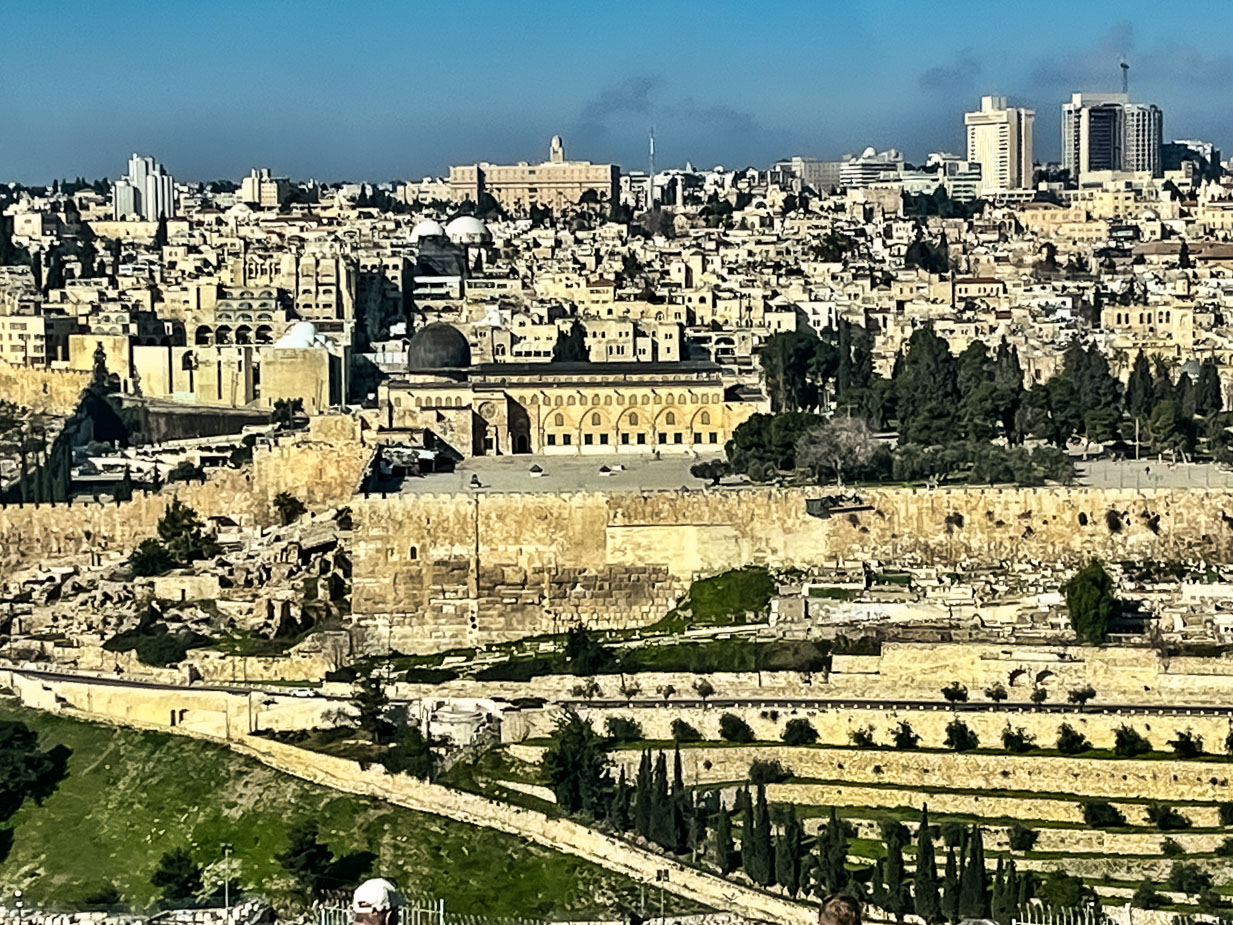

 ©Michael Player (Jerusalem)
©Michael Player (Jerusalem)
Chapter 30:20-26 (ESV) - In the eleventh year, in the first month, on the seventh day of the month, the word of the Lord came to me: “Son of man, I have broken the arm of Pharaoh king of Egypt, and behold, it has not been bound up, to heal it by binding it with a bandage, so that it may become strong to wield the sword. Therefore thus says the Lord God: Behold, I am against Pharaoh king of Egypt and will break his arms, both the strong arm and the one that was broken, and I will make the sword fall from his hand. I will scatter the Egyptians among the nations and disperse them through the countries. And I will strengthen the arms of the king of Babylon and put my sword in his hand, but I will break the arms of Pharaoh, and he will groan before him like a man mortally wounded. I will strengthen the arms of the king of Babylon, but the arms of Pharaoh shall fall. Then they shall know that I am the Lord, when I put my sword into the hand of the king of Babylon and he stretches it out against the land of Egypt. And I will scatter the Egyptians among the nations and disperse them throughout the countries. Then they will know that I am the Lord.”
Question to consider: What is significant about this proclamation of Egypt’s destruction happening during the time of Passover preparations?
I find it helpful that Ezekiel provided specific dates when he received the word of the Lord. It helps us understand a timeline of events since many of them have been grouped according to their subject rather than in chronological order. The year would have been 587 BC, right before the destruction of Jerusalem by the Babylonians. According to Jeremiah 37, the army of Pharaoh Hophra had come out of Egypt— which is colloquially referred to as extending his arm (notably his weakest arm). In Jeremiah, it says that word of this got back to Nebuchadnezzar, and he withdrew from Jerusalem and sent his armies after Egypt to break that arm.
The seventh day of the first month would have been the beginning of the week of preparation for the Passover. I would imagine that the significance of God’s word against Egypt coming by way of Ezekiel during the preparation for Passover would not have been lost on Zedekiah. Not only would Babylon break this army that had extended out to Jerusalem, but he would take the fight back to Pharaoh and crush his entire army.
Just as Pharaoh at the time of Moses had to watch his armies get drowned in the flood of God’s judgment in the Red Sea, so Pharaoh would have to witness the final judgment of Egypt by fire as a man mortally wounded by the king of Babylon. As God lamented in verse 8, “Then they will know that I am the Lord, when I have set fire to Egypt, and all her helpers are broken.” The people would be scattered among the nations, and Egypt would never regain its former glory. All that is left is the decaying relics of a once-great nation.
This imagery of God judging by water and ultimately by fire is significant. In God’s judgments by water, the unrighteous were drowned and the righteous delivered: Noah and his family were delivered from the waters of the great flood that destroyed the line of Cain; Israel was delivered through the waters of the Red Sea while Pharaoh’s armies were drowned, and our flesh was drowned in the waters of baptism as we were raised up with Christ. Just as God judged Egypt and Jerusalem by fire so we are told by Peter, “But by the same word the heavens and earth that now exist are stored up for fire, being kept until the day of judgment and destruction of the ungodly.” (2 Peter 3:7). He then followed it with this question, “Since all these things are thus to be dissolved, what sort of people ought you to be in lives of holiness and godliness?” (2 Peter 3:11)
Dear heavenly Father, thank You for delivering us from the waters of judgment through our baptism into Christ. Help us to live like redeemed people in a world that has been marked for destruction. Amen.